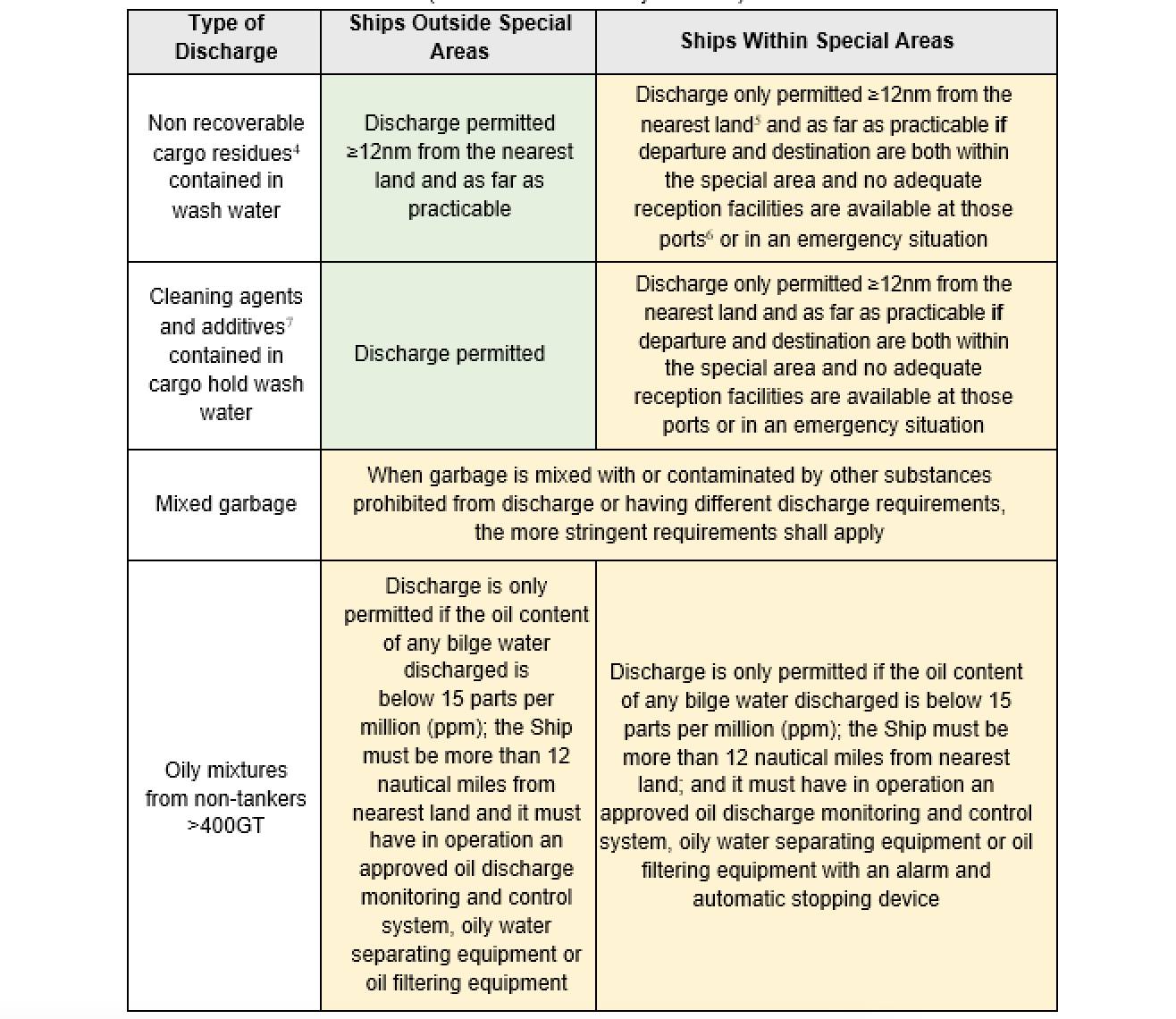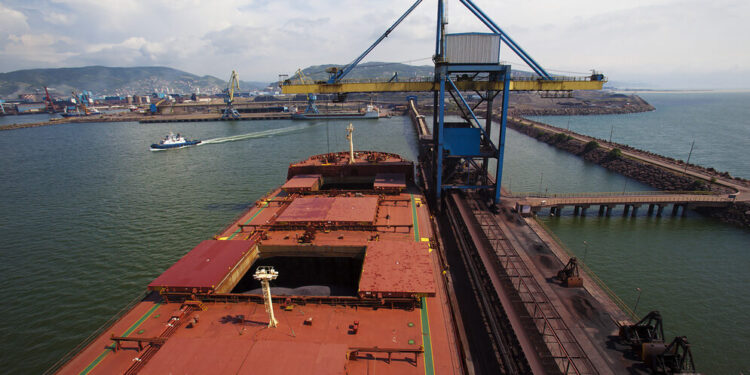Amid complex legislation regarding the discharge of any hold wash water from vessels, operators may find it more prudent to transfer petcoke wash water to shoreside facilities for processing rather than discharge at sea in order to avoid potential environmental issues and possible litigation or fines, UK Club advised.
Petroleum coke (’petcoke’) is a bulk by-product of oil refining, mostly sold as a fuel for power generation and cement production, and the higher quality sold for calcining industry. It is commonly transported at sea in bulk carriers.
[smlsubform prepend=”GET THE SAFETY4SEA IN YOUR INBOX!” showname=false emailtxt=”” emailholder=”Enter your email address” showsubmit=true submittxt=”Submit” jsthanks=false thankyou=”Thank you for subscribing to our mailing list”]
Although petcoke is not officially classed as harmful to the marine environment and it could in theory be discharged while a vessel is en route and at least 12 nautical miles from the nearest land, petcoke cargo residue and wash water can contain a number of harmful components such as residual hydrocarbons, heavy metals, cleaning agents or dust suppressants, according to a revised ITOPF advisory note issued in May 2021 and analyzed by UK Club.
The presence of such components in sufficient quantity could therefore result in a particular cargo residue being considered as harmful to the marine environment.
The most likely impact of a discharge of petcoke residue and cleaning products within hold wash water is that an oily sheen may be visible on the water surface for a short time in the immediate vicinity of the discharge, with a localized and short-term increase in the pH of the seawater.
If the discharge is undertaken in sufficient depth of seawater with currents allowing a good water exchange, it is likely that any residues will quickly dissipate and that no environmental effects will be observed.
Finally, the legislation regarding the discharge of any hold wash water from vessels is complicated, whether nationally or internationally. The minimum requirements worldwide tend to be in line with the MARPOL recommendations, but maybe more stringent in certain locations.

As a result, operators are finding it ever more prudent to transfer tank wash water to shore side facilities for processing rather than discharge at sea in order to avoid potential environmental issues and possible litigation or fines. This is also true for petcoke wash water,
…the Club advised.
































































